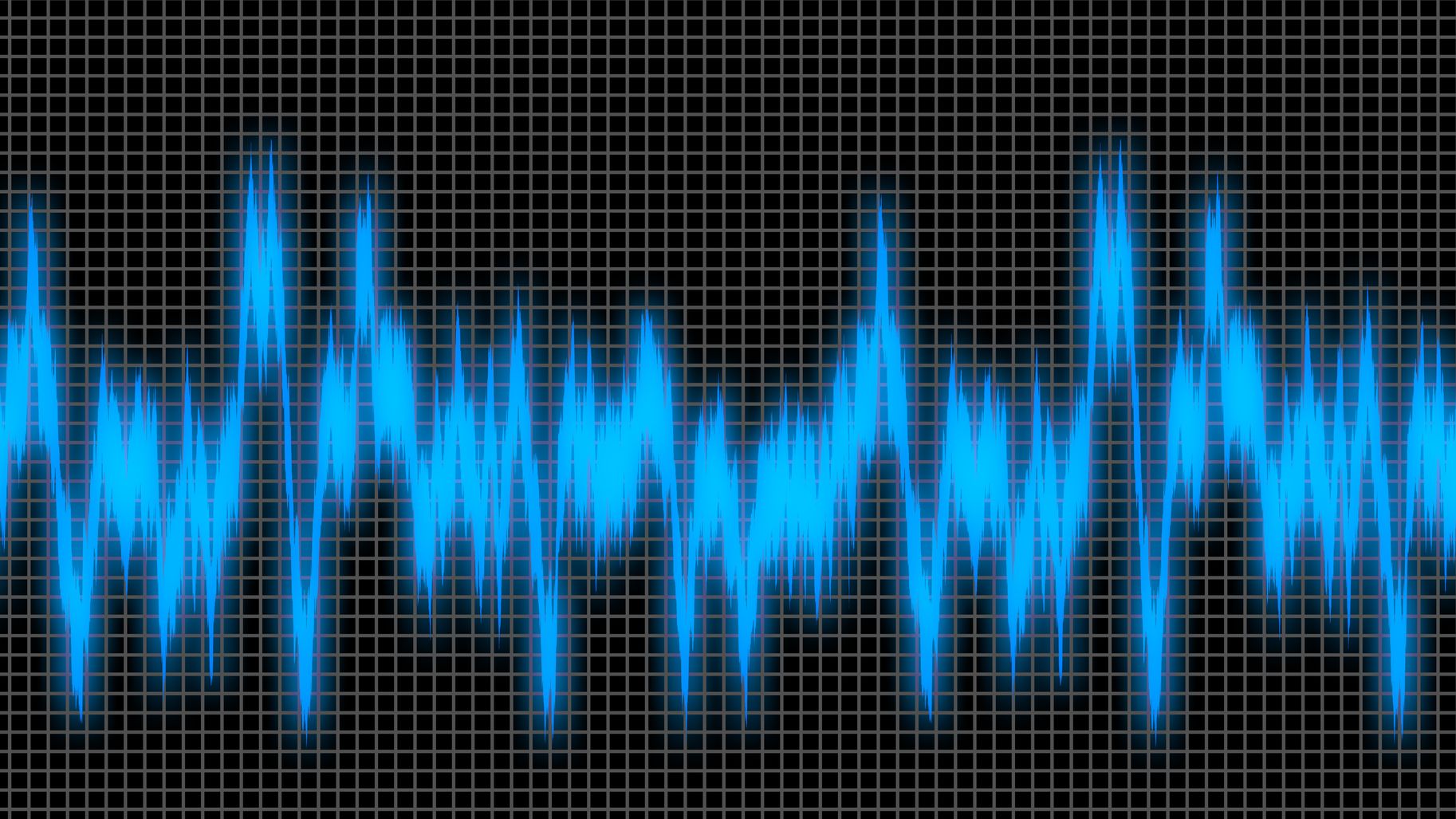Launch of the Tohu-Bahut experiment: the app that wants to raise student awareness about noise
Date:
Publish on 29/01/2020

"It all began during a 'BigDatathon'. The concept: 12 hours to invent an educational and innovative application combiningbig data and participative sciences. As co-organiser, Canopé entered a team of which I was a member. We had the idea of a device that would enable students to measure sound in their school and to compare the real noise intensity with their subjective perception. We also wanted this application to become a real educational tool enabling the data to be exploited in the classroom. One of the six projects chosen out of 72, we were invited to a second phase - whose aim was to develop the project, think about the financial aspects, marketing, etc. At the end of this process, the question of how to use this application arose. What could its utility be? That is when we approached Ambiciti, a start-up originating from Inria, which also develops a mobile sound measurement application."
"With Ambicitiand Inria, we began to work on an application prototype that will be tested during the Semaine du Son in two schools (see boxed text). This experiment will enable us to see how to continue with the project, in particular by improving the interface. We are also considering working on educational support, by devising scenarios that the teachers could take ownership of. Ultimately, opening a data-visualisation platform is in the planning stage. Our aim is to raise awareness among students with regard to the impact of noise pollution in the school environment and to provide schools with an educational public health service. The idea would therefore be to continuously aggregate data across the whole school so that it can use it as a tool to dialogue with the authorities and decision-makers; and, potentially, so that solutions can be put in place."
"Ambiciti's goal is to provide an environmental data platform on a worldwide scale. We have a mobile application that enables, among other things, to follow one's exposure to noise pollution. The data collected are aggregated on a platform with data-enriching algorithms. We have also set ourselves the goal of raising awareness among the population to the types of pollution they are exposed to, in particular noise pollution. These issues are not often taken into account; and yet they are real stress factors that have an impact on health.
When Réseau Canopé approached us regarding Tohu-Bahut, it made sense to us. Especially as we had never had the opportunity to work on a project in a school environment."
"At Inria, I am working on a research programme on the production and sharing of data via smartphones. It was within this particular scope that Ambicitiwas born, and I am looking to better understand its uses. My work consists in characterising its users and in understanding how crowd-sourcing can support town, institutional or educational projects. I helped Réseau Canopé to find its context and to redefine the use of the application and adapt it to the school environment (see below). Our experiences with Ambiciti also made it possible to remove technical and practical barriers from the design of Tohu-Bahut on wards.
Inria has made the project - which was primarily educational - develop, to make it technologically and practically feasible and innovative. We are focusing on two research areas. The first concerns the context of measurement of sound intensity and data production. Here were are in a specific context; the school environment. We are going to try and see what the characteristics of this context are, compared to others. The second area of study concerns its use. We are going to study how the teachers and students will take ownership of the tool.
Generally speaking, what I find interesting about Tohu-Bahut is that we are demonstrating that a specialised technology can provide concrete answers to a current problem that is experienced at the heart of society - like noise pollution.
The first version of the application tested this week
Students from the secondary school Collège Victor Grignard in Lyon and LP2I (international innovative pilot) sixth-form college, near Poitiers, will be the very first to test the Tohu-Bahut interface. This interface will use Ambiciti technology, but has been completely re-adapted for this new use. The users will follow a four-stage process. They will need to indicate which area of the school they are in (playground, corridor, canteen, etc.). This will automatically trigger a measurement of the noise intensity during 15 seconds. Then the students, using a ‘smiley’ system, will need to express how they feel (is it calm, relaxing, stressful, noisy?). Finally, a screen summarising all of this data will appear.
Even though each student takes their own measurements, the application also proposes the creation of a group of users. As a result, a teacher will be able to mobilise the entire class around the project. "We are exploring things, and so we need these experiments in order to know how to develop the application. The final goal is to better address the needs of the teachers, students and schools", Bruno Lefèvre explains. A research analyst from Canopé will attend in order to produce a user report on this prototype. Moreover, around ten schools from the Île-de-France area will also test Tohu-Bahut, independently.
Canopé, educational creation and support network, public organisation under the administrative supervision of the French Ministry for National Education